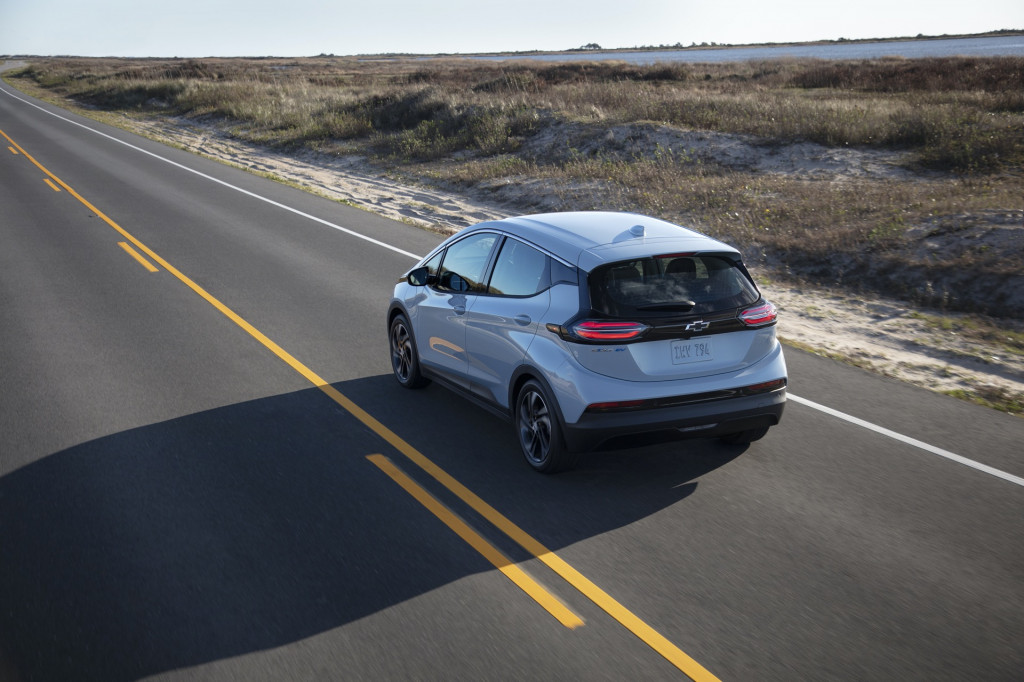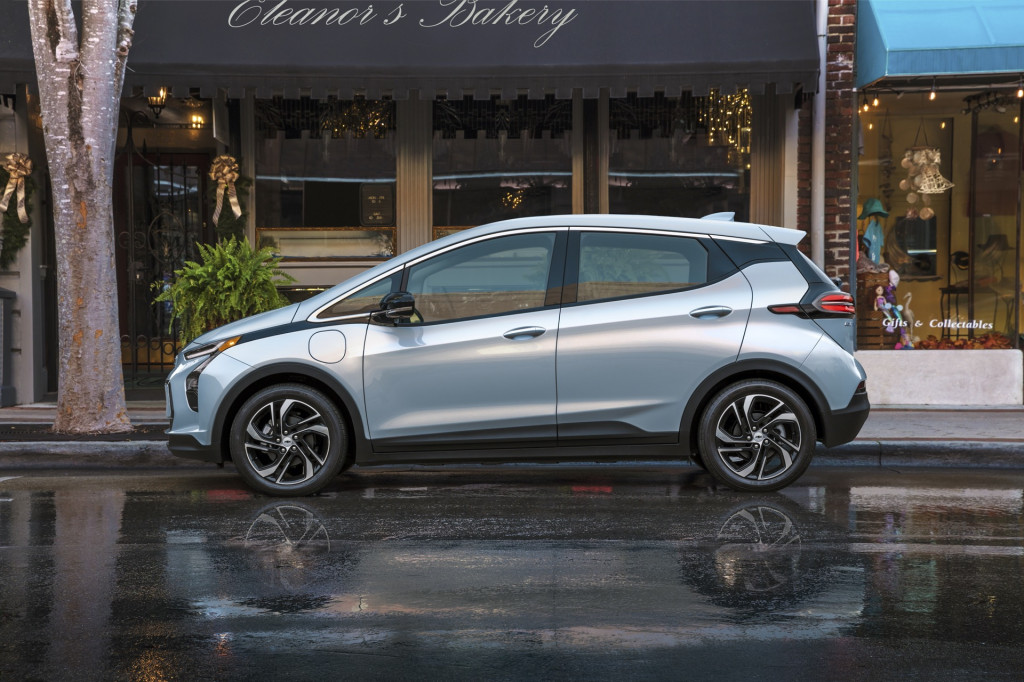App-based features pitched as a way to become a safer and more efficient driver may end up reporting you as a higher-risk driver to insurers, The New York Times reports.
New cars, EV or not, have substantial data-gathering capability thanks to their array of onboard sensors, which is sometimes presented to consumers as a way to improve driving or secure lower insurance rates by opting into data collection. But automakers are also selling this information to companies that create risk profiles of customers for insurance companies, according to the report.
One Chevrolet Bolt EV driver profiled in the report saw insurance-rate increases based on a 130-page report based on sixth months of driving data, which was shared by General Motors with LexisNexis through the OnStar Smart Driver program. That program provides drivers with positive feedback for good habits like buckling seatbelts and limiting hard acceleration, but it doesn’t appear to include any context about the type of road being driven on, traffic conditions. Insurance companies also pay to see the data generated.

2022 Chevrolet Bolt EV
In the FAQ section of website, OnStar notes that “insights about driving behavior” are only shared with insurance companies with a customer’s “explicit consent.” If customers provide consent, insurers can access a “driver score” generated by LexisNexis or a second company, Verisk. GM claims it does not have access to this score.
The report claims Kia, Mitsubishi, and Subaru also contribute data to LexisNexis, although Subaru told The New York Times that it only submitted odometer data. Ford, Honda, and Hyundai provide data to Verisk, according to the report.

2022 Chevrolet Bolt EV
EV drivers hoping to get lower insurance rates by releasing their driving data face an uphill battle. Consumer Reports in 2023 found that EVs cost much more to insure than gasoline cars. However, the Insurance Institute for Highway Safety (IIHS) Highway Loss Data Institute (HLDI) said last year that EVs are stolen less than gasoline cars.
It’s also unclear how such a database might continue to present EV drivers who take advantage of strong regenerative braking settings in their vehicles, like the Bolt EV’s one-pedal driving mode, or those who use the strong acceleration touted by automakers. As one CEO recently argued, EVs’ quicker acceleration is a safety feature.
The security of any data transmitted from vehicles to data brokers also shouldn’t be taken for granted, either. Up until now, cybersecurity advocates have focused on charging and over-the-air updates as potential access points for cybersecurity or privacy infringement.
With that in mind, it might be best to opt out of these programs despite their claimed benefits to driving safety and efficiency.

